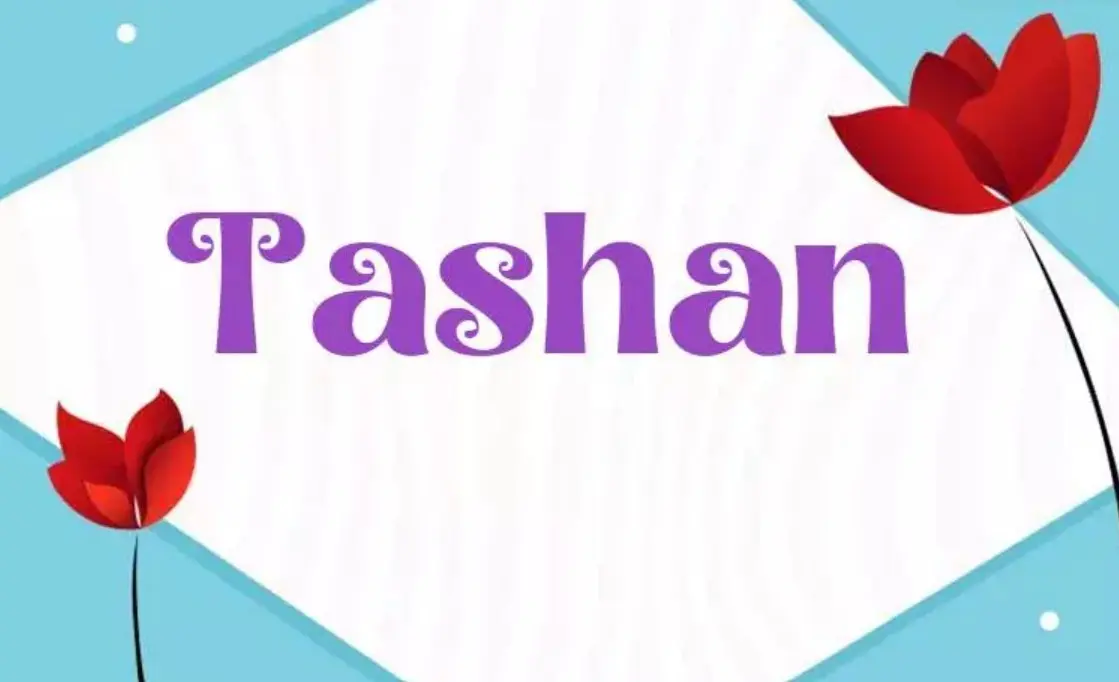In today’s ever-evolving world of indigenous leadership and environmental stewardship, the name Tashan Win is becoming increasingly prominent. Often associated with activism, spiritual leadership, and the protection of sacred lands, Tashan Win represents more than just a person — it symbolizes a movement. This article delves into the meaning, legacy, and growing importance of Tashan Win in the contemporary context, especially within indigenous communities and environmental justice initiatives.
Who is Tashan Win?
Tashan Win is a name rooted in Native American heritage, particularly within the Lakota and Dakota traditions. The name “Tashan Win” can be translated to mean “Sacred Woman” or “Holy Woman,” often carrying deep spiritual and cultural significance. Women bearing this name or title are typically revered for their wisdom, connection to the land, and commitment to traditional ways of life.
In recent years, Tashan Win has become known not only as a title but as a real-life figure involved in high-profile activism, speaking out for indigenous rights, environmental preservation, and the sanctity of sacred sites. Her work, words, and presence have resonated with people across tribes and communities, transcending cultural boundaries and calling for a return to balance with nature.
The Cultural and Spiritual Significance of Tashan Win
In many Native American traditions, especially those of the Lakota people, names hold power. “Win” translates to “woman,” and names like Tashan Win often denote a spiritual responsibility. Those who carry the name are expected to uphold traditional values, protect their people, and serve as a bridge between generations.
Tashan Win often appears in oral traditions, stories, and songs passed down through time. These narratives emphasize the sacred role of women in maintaining harmony with the natural world. The figure of Tashan Win represents purity, nurturing, and strength — core principles in indigenous cosmology. By invoking this name, communities reaffirm their commitment to these ideals.
Tashan Win and Environmental Activism
One of the most striking ways the modern-day Tashan Win has influenced society is through environmental activism. With the global climate crisis disproportionately affecting indigenous lands, leaders like Tashan Win have taken center stage in resisting destructive projects like oil pipelines, deforestation, and mining operations.
A notable example is the involvement of indigenous women leaders in the opposition to the Dakota Access Pipeline. While not the only movement she has supported, it exemplifies Tashan Win’s role in galvanizing resistance through peaceful protest, public speaking, and international advocacy. By positioning herself at the intersection of tradition and progress, she speaks for the Earth, drawing on ancient wisdom to address modern problems.
Bridging Past and Future
bdg win app also represents the powerful link between tradition and innovation. While deeply rooted in ancestral teachings, her approach is far from outdated. Through workshops, online content, and public forums, she educates younger generations about sustainable living, indigenous rights, and the need for cultural preservation.
This bridging role is crucial. In a time where many young indigenous people are distanced from their cultural roots due to colonization and systemic oppression, figures like Tashan Win offer a path back. She encourages youth to speak their native languages, practice ceremonial rituals, and protect their homelands.
Media Representation and Public Influence
The impact of Tashan Win is amplified through modern media. Whether through social platforms, documentaries, podcasts, or public appearances, she has become a recognizable voice for causes that often go underrepresented in mainstream discourse.
Her interviews often highlight the importance of listening to indigenous voices when discussing environmental policies, land ownership, and community healing. By bringing these issues to light, she ensures that the concerns of her people are not ignored — but embraced as essential parts of the global conversation.
Educational Outreach
Education is one of the cornerstones of Tashan Win’s mission. She collaborates with schools, universities, and non-profit organizations to develop culturally relevant curriculums that highlight indigenous history and wisdom. Many of these efforts are aimed at decolonizing education — that is, challenging the Eurocentric narratives that dominate traditional academic institutions.
Through these initiatives, Tashan Win encourages critical thinking about topics like land stewardship, sovereignty, and ecological justice. Her work empowers students, indigenous and non-indigenous alike, to see the world through a more holistic, interconnected lens.
Recognitions and Collaborations
As her influence has grown, Tashan Win has received accolades from human rights organizations, environmental groups, and even governmental institutions. Her collaborative work with other indigenous leaders, as well as global figures in the environmental space, has helped build coalitions that push for systemic change.
Tashan Win’s leadership style is rooted in consensus, respect, and community engagement. These values make her a unique figure in a world often driven by hierarchy and competition. Her inclusive approach ensures that all voices, especially those traditionally marginalized, are heard and respected.
Frequently Asked Questions (FAQs)
1. What does the name Tashan Win mean?
The name Tashan Win comes from the Lakota/Dakota language and can be translated as “Sacred Woman” or “Holy Woman.” It signifies spiritual strength, leadership, and a deep connection to tradition.
2. Is Tashan Win a real person or a symbolic figure?
Tashan Win can refer to both a symbolic title and a real-life indigenous leader. As a title, it represents the sacred role of women in many Native traditions. In contemporary contexts, there are real women known by this name who embody its values and act as cultural and environmental leaders.
3. What causes does Tashan Win support?
Tashan Win is known for advocating indigenous rights, environmental protection, cultural preservation, and educational outreach. She is particularly involved in movements that resist environmental degradation and fight for tribal sovereignty.
4. How can I support Tashan Win’s work?
You can support her efforts by donating to indigenous-led organizations, amplifying native voices, attending educational events, and challenging colonial narratives in your own community. Sharing her messages on social media and engaging in respectful allyship are also powerful forms of support.
5. Where can I learn more about Tashan Win?
Tashan Win is featured in various media outlets, including podcasts, environmental documentaries, and interviews. You can also explore websites and social media pages dedicated to indigenous activism for updates on her initiatives.
Conclusion
The name Tashan Win carries with it a deep, multi-layered legacy of cultural significance, spiritual depth, and unwavering activism. As an embodiment of sacred femininity, wisdom, and leadership, Tashan Win continues to inspire people across the globe. Her contributions to environmental justice, indigenous rights, and education serve as a reminder that the wisdom of the past is not lost — it is alive and ready to guide us forward.
Also Read-Top Careers That Require Technical Drawing Skills




